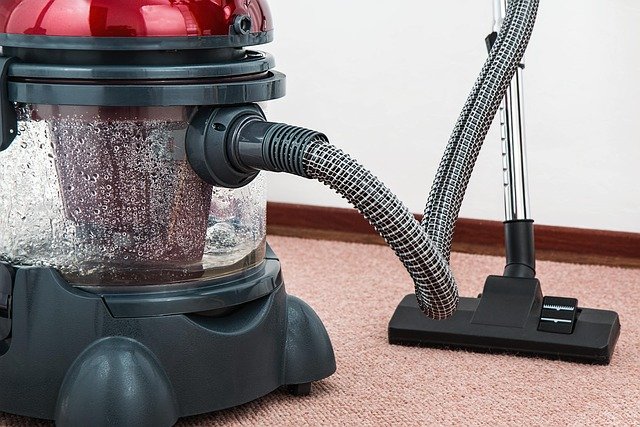How Anxiety Shapes Our Lives: A Modern Understanding
The topic of anxiety, an integral part of our psychological makeup, has experienced waves of interest and study over the centuries. The ancient Greeks were the first to conceptualize anxiety as a medical condition. Over the years, our understanding of anxiety has evolved, reflecting the changing times and societal attitudes. Today, in an era marked by rapid technological expansion and increasing social complexities, anxiety has taken on new dimensions. This article aims to delve into the historical context, current relevance, and the transformative power of anxiety on our wellbeing.
Ancient Roots of Understanding Anxiety
The ancient Greeks were pioneers in understanding human behavior and emotions. Renowned Greek physician Hippocrates, considered the father of medicine, was the first to theorize that anxiety was a medical condition resulting from an imbalance in the body’s four ‘humors’: blood, black bile, yellow bile, and phlegm. This perspective marked the beginning of the medicalization of anxiety, a view that has been both challenged and expanded on throughout history.
Anxiety in the Modern World
The 20th century saw a significant shift in our understanding and treatment of anxiety. Sigmund Freud, the father of psychoanalysis, posited that anxiety was a result of repressed and unresolved conflicts. His work led to the development of psychotherapy, a method that is still widely used today to treat anxiety and other mental health conditions.
With the advent of the digital age, anxiety has found a new breeding ground. The constant barrage of information, the pressure to keep up with the fast pace of life, and the exposure to the curated lives of others on social media platforms are all contributing to an increase in anxiety levels. According to a recent study by the American Psychological Association, the prevalence of anxiety disorders has spiked in the 21st century, with millennials and Gen Z reporting the highest levels of anxiety.
The Impact of Anxiety on Wellbeing
Anxiety can have significant effects on both physical and mental wellbeing. Chronic anxiety can lead to conditions such as heart disease, high blood pressure, and a weakened immune system. On a psychological level, anxiety can lead to feelings of constant fear, restlessness, and can significantly impair a person’s ability to function in their daily life.
However, it’s important to note that anxiety isn’t always detrimental. Psychologists refer to the phenomenon of ‘healthy anxiety’, which acts as a protective mechanism, preparing us to confront threats or challenges. This form of anxiety can serve as a motivator, pushing individuals to prepare thoroughly for tasks or events, thus potentially improving performance.
Current Trends in Managing Anxiety
Today, there’s a growing trend towards holistic approaches in managing anxiety. Mindfulness and meditation have become popular tools in combating anxiety, with numerous studies demonstrating their effectiveness in reducing anxiety levels. In addition, lifestyle changes such as a balanced diet, regular exercise, and quality sleep are also gaining recognition as critical elements of anxiety management.
Pharmacological treatments for anxiety continue to evolve, with a focus on reducing side effects and improving efficacy. Furthermore, the stigma surrounding mental health is gradually decreasing, leading to increased accessibility to therapy and counseling services.
The Future of Anxiety
As we continue to navigate an increasingly complex world, it’s likely that anxiety will remain a prevalent part of our lives. However, with the continued advancement in our understanding of anxiety and the development of effective treatments, we can hope for a future where anxiety is not a debilitating condition, but a manageable aspect of our psychological landscape.
Anxiety, despite its often negative connotation, is a fundamental part of the human experience. Our understanding and approach to anxiety have changed dramatically over the centuries, reflecting shifts in societal attitudes and advancements in medical knowledge. As we move forward, it remains crucial to continue fostering an environment that encourages open discussions about anxiety, promoting a healthier and more understanding society.





